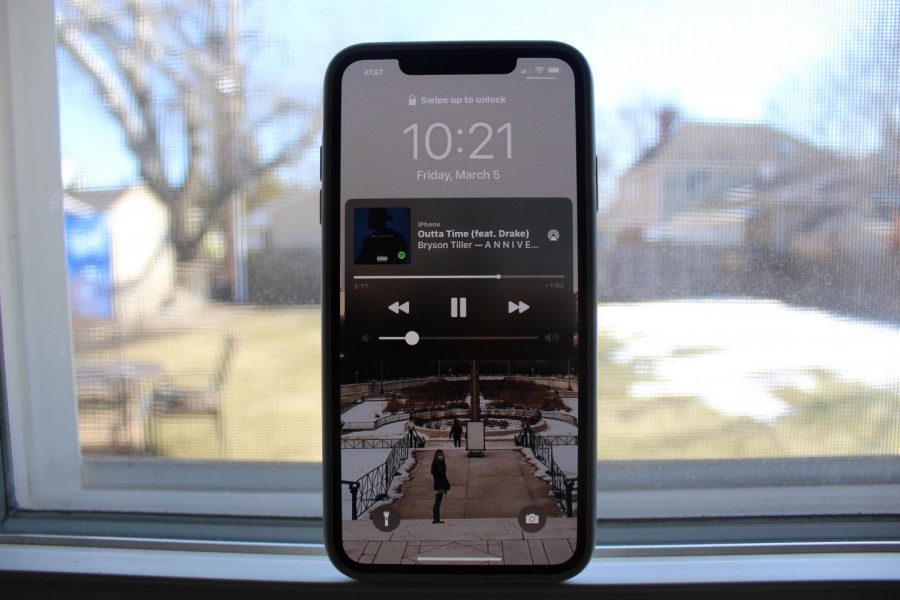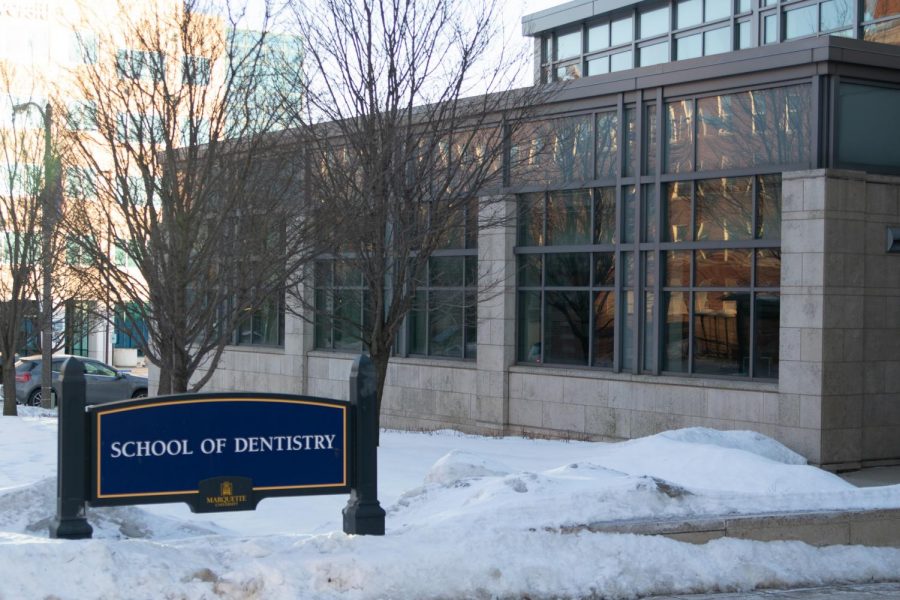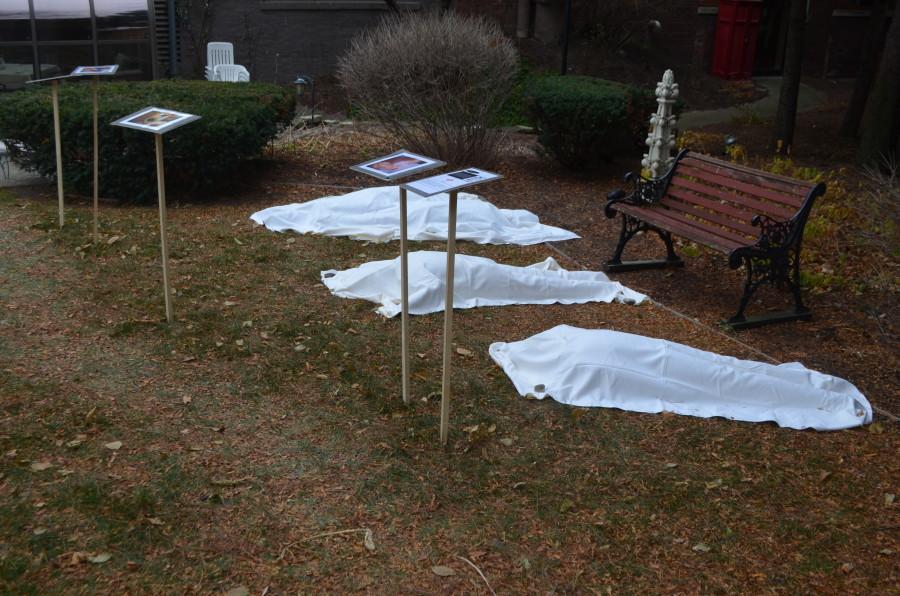Marquette’s Navy ROTC program is celebrating its 75th anniversary on campus this year.
Capt. Daniel Olson, the commanding officer and professor of Naval Science, said Marquette’s program, established in 1941, was the first at a Jesuit school, and is currently the largest among four NROTC programs at Jesuit universities.
There are 71 total midshipmen in Marquette’s program with 58 on scholarship. Boston College has the second highest total with roughly 61, then Holy Cross which has around 50. Loyola has a total unit size of less than 20 midshipmen, Olson said.
Olson said he believes NROTC at Marquette has this amount because of the alignment between the university’s values and the values of the military.
Can NROTC have Jesuit Values?
Phillip Rossi, a Jesuit at Marquette, gained some takeaways from his studies of ROTC and its relationship with the university. Rossi said he has written about the just war theory and attended many conferences that have involved people in the military.
“I can see the reason why there are Catholic pacifists who have a problem with ROTC,” Rossi said. “On the other hand, I’m more convinced that the institution believes it does more good if we engage ROTC or the military.”
Rossi said he sees this giving Marquette justification to have ROTC. He said they feel like it’s Marquette’s responsibility because they would rather see the training done here under Jesuit values instead of neutral values somewhere else.
Rossi said he doesn’t believe the problem is with ROTC, but with war itself. He said the military has political and social roles that have deep moral ambiguity. He explained this as they want harm not to be done to citizens, yet to do this, the military will have to use deadly force against another human being. He said he sees it as two ideas clashing against each other. Rossi said the vision of ending war is completely against practical moral prudence.
“High idealism,” Rossi said. “Or common sense and moral prudence. The problem is eliminating ROTC won’t deal with the larger problem, which is war.”
Well-rounded program funds education
“The midshipmen here are developing leadership, developing teamwork, and those qualities that have value with the military,” Olson said. “They do that through volunteer work. They do that through service to each other. I think big qualities and the values that people see in the military are the same values that Marquette espouses.”
Clark Dirksen-O’Donnell, a senior in the College of Arts & Sciences and a member of the program, said the leadership experience he received at Marquette was second to none. He said the program shapes well-rounded individuals for the future.
“You want them to be well-rounded in all aspects,” Dirksen-O’Donnell said. “I think that’s one thing Marquette and the Jesuits definitely succeed at without question.”
Tyler Thomsen, a senior in the College of Arts & Sciences, said the program allows people to experience the real world. He said since the command structure is student operated, they are put into various different leadership positions that require them to lead a large group of individuals.
Olson said when it comes to expenses, NROTC is funded through several ways like small government funds, midshipmen who generate their own funds through other jobs, alumni booster associations, and the expenses Marquette provides for renting, travel expenses for guests at formal events and others. Olson said the greatest amount of funds NROTC spends every year is on scholarships.
“The scholarships are the single largest budget item for NROTC,” Olson said. “For this semester, (we) paid just under $1 million in tuition each semester.”
Olson said this can be one of the factors that pushes students to join NROTC.
“Some join because they had family who are military,” Olson said. “Some join because they can’t afford college and this is a great opportunity. Some like idea of having a guaranteed job after college. Others are just curious.”
Dirksen-O’Donnell said the financial aid is why he is at Marquette instead of a community college back home. He said he would have missed out on a lot if he hadn’t been in this program.
“It’s been a blast,” Dirkensen-O’Donnel said. “The program is definitely difficult, but with that being said, it’s also very rewarding and the experiences I have gotten here I couldn’t have gotten anywhere else.”





